For Many People, Death Isn't Something Pleasant to Think About. In Fact, Some People Avoid Thinking About It and Their Health Altogether. While Death Is a Scary Thing, It's Important to Remember That It's Going to Happen One Day – and While We May Not Have Total Control Over It, We Have Some Control in the Way We Go by Preventing Illnesses and Valuing Our Health.
Stroke
Some major symptoms of an oncoming stroke are numbness in the face or an arm or leg on one side of the body, confusion and trouble speaking, dizziness, and a severe headache with no known cause. Strokes are somewhat avoidable – you can stick to a healthy diet, maintain a healthy weight, get enough exercise, don't smoke, and more.
Accidents
Some simple ways to avoid getting in a car accident alone are making sure you or anyone you're in the car with is not intoxicated, avoid texting while driving, and making sure to be aware of surroundings.
Chronic Lower Respiratory Disease
CLRD can be detected by difficulty breathing, a constant phlegmy cough, and frequent chest infections. CLRD can be prevented by avoiding smoke and tobacco. This means avoiding smoking altogether, whether it means you or a friend smoking – even second hand smoke can be the culprit when it comes to respiratory diseases.
Drug Use
Drug use deaths are usually the cause of heroin, cocaine, and other hard drugs. Since drug use is ultimately a choice, death by drug use is completely avoidable. Most people overdose on drugs whether it be their first time or their three hundredth time – the best way to avoid death by drug use is to not partake in any sort of hard drug, no matter what.
Breast Cancer
Only five to ten percent of breast cancers are linked to genetic mutations that are passed down from family. A lot of people don't know that men are also susceptible to being diagnosed with breast cancer – so it's not something that just women have to worry about (although more women than men are diagnosed with it).
Colon Cancer
Symptoms of colon cancer are very noticeable. They can be one or more of the following: a change in bowel habits (diarrhea or constipation), rectal bleeding, constant abdominal pain, a feeling that your bowel hasn't emptied after using the bathroom, and unexplained weight loss.
Prostate Cancer
Some of the symptoms include: trouble peeing, decrease force in stream of urine, bone pain, erectile dysfunction, and more. It's important to schedule an appointment with a doctor whenever any sort of symptoms starts to become worrisome.
Pancreatic Cancer
Any sort of symptoms might not be noticeable until after the cancer has spread far enough that surgery isn't an option. When symptoms do start to become recognizable, they will present themselves in the following forms: upper abdominal pain that goes into your back, jaundice, blood clots, and more.
Lung Cancer
The symptoms include a new cough that doesn't go away, coughing up blood, shortness of breath, chest pain, bone pain, headaches, and more. Like any other health concern, it's important to schedule an appointment with a doctor if any sort of symptom becomes alarming. Some types of lung cancer are preventable, as some lung cancers are caused by smoking and being exposed to secondhand smoke. Despite this, people who don't smoke are also diagnosed with lung cancer, so it's not accurate to say that that's the only for sure cause.
Heart Disease
Heart disease is the number one cause of death for men and women in the United States – and also worldwide. In the United States alone, over half a million people a year die from heart disease. Heart disease isn't one thing though – it's a term that's used to describe several different conditions. What causes heart disease is plaque buildup in the arteries. This leads to a heart attack or a stroke – additionally, it can lead to angina, arrhythmias, or heart failure. The biggest thing to remember is that you only have one heart, so you need to take care of it! Some things to do to keep a healthy heart are eating a healthy diet that is low in salts, sugars, and fats, getting at least 150 minutes of exercise a week, no smoking, avoid too much alcohol, and manage stress well.






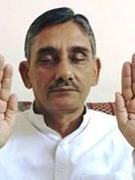





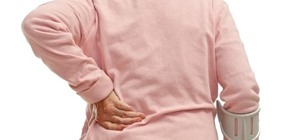
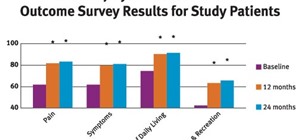

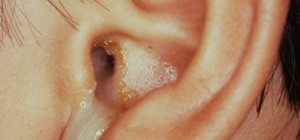
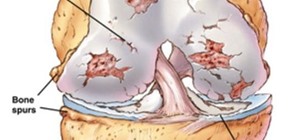

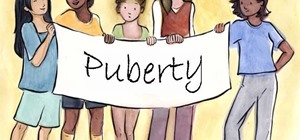
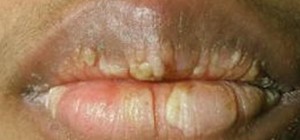


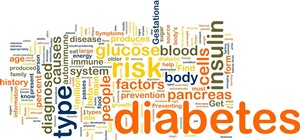

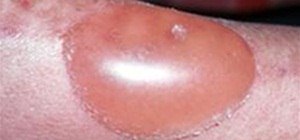
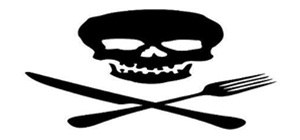
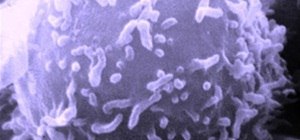
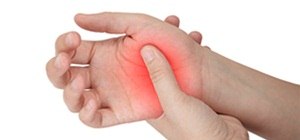
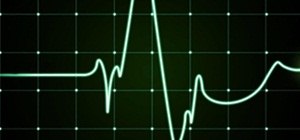



Be the First to Respond
Share Your Thoughts